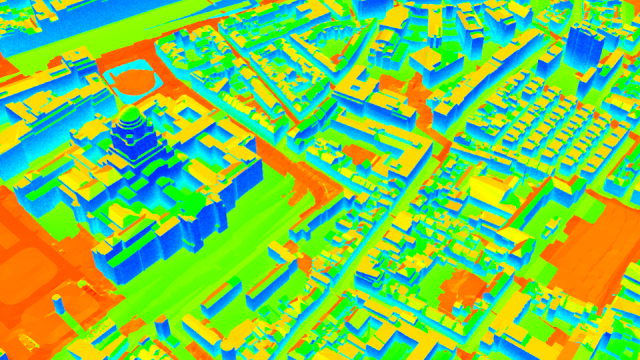According to the 2024 European Climate Risk assessment, Europe stands at the forefront of an alarming trend:
a rapid escalation in temperatures surpassing that of any other continent, while remaining ill-equipped to address these challenges effectively.
How to reduce urban air temperatures?
Increasing surface albedo in urban areas offers a promising strategy for reducing urban air temperatures, thereby improving air quality, reducing energy consumption, and enhancing societal well-being. This requires a good overview of the surface albedo and emissivity of cities, as well as their evolution.
However, obtaining comprehensive data on surface albedo and emissivity for urban surfaces via in-situ measurements city-wide is unfeasible.
To address this challenge, the SuaBe initiative is an exploration project that has been funded by the Belgian Science Policy Office (BELSPO) via its STEREO-IV programme.
SuaBe aims to design and implement a robust and fast algorithm that calibrates 3D radiative transfer simulations of cities using real satellite observations. A key outcome of SuaBe will be to provide a catalogue of surface albedo and emissivity for all surfaces in Brussels, offering urban planners a robust and scientifically sound database to make informed decisions on heat mitigation interventions.





